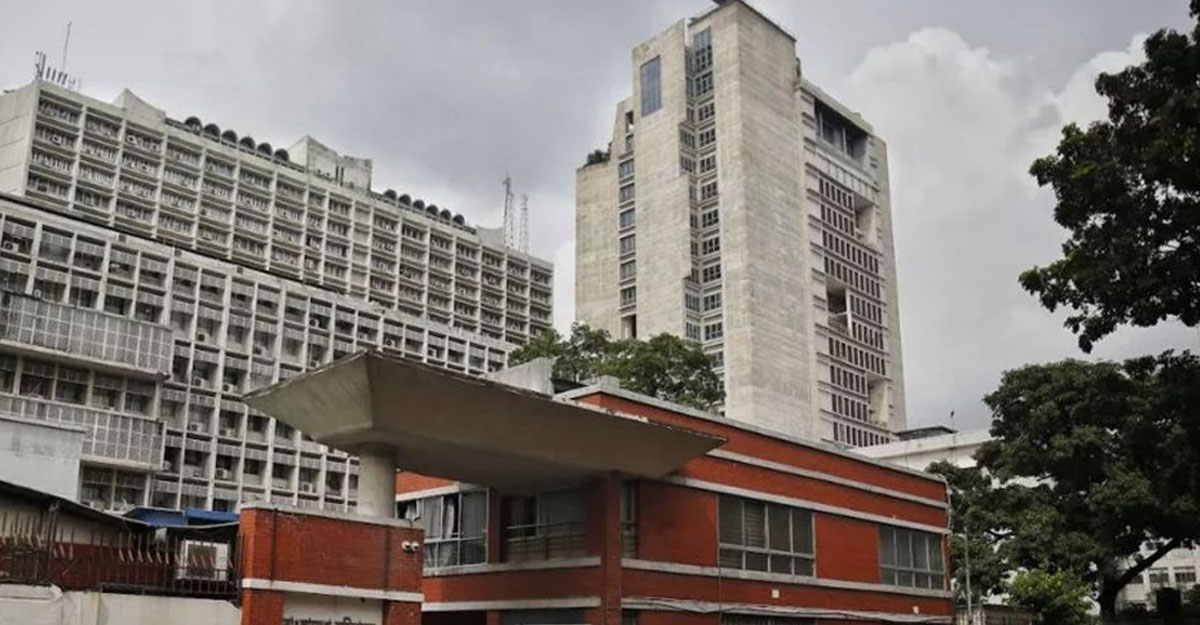Frustration brews as ‘contractual bureaucrats tighten grip on administration’


Despite repeated calls for administrative reform, much of the bureaucracy reportedly remains dominated by contractual officials, leaving career officials disheartened over limited decision-making power and stalled promotions.
“From the Cabinet Secretary and Principal Secretary to the Secretary of the Ministry of Public Administration, at least 20 key ministries and departments are currently headed by secretaries on contract,” said a frustrated official wishing anonymity.
Even within the seven-member Superior Selection Board (SSB) which recommends promotions, four of them are contractual appointees, he said.
Many of these officials, he said, have returned to the administration after spending nearly a decade away, creating confusion, stagnation and deep dissatisfaction among regular officers. “Their decisions are influencing promotions, postings and appointments, while their long absence from mainstream administration has led to a loss of continuity and coordination,” the official lamented.
Administrative expert and former secretary AKM Abdul Awal Majumder told UNB that while some contractual officers are performing well, many are failing to deliver as expected.
“Contractual appointments are holding back the promotion of regular officers, which has caused anger and frustration,” he said, adding, “Opportunities should be given to capable new officers, and the administration should move forward through regular promotions.”
According to government data, 71 senior officers are currently serving, including 20 on contract in senior secretary and secretary positions.
They include Cabinet Secretary Dr Sheikh Abdur Rashid, Principal Secretary M Siraj Uddin Mia, Public Administration Senior Secretary Ehsanul Haque, Home Ministry Senior Secretary Dr Nasimul Gani, Planning Commission Member Dr Mokhles Ur Rahman, Women and Children Affairs Senior Secretary Momtaz Ahmed, Election Commission Senior Secretary Akhtar Ahmed, Expatriates’ Welfare Senior Secretary Dr Md Neamat Ullah Bhuiyan and Land Ministry Senior Secretary ASM Saleh Ahmed, among others.
Other contractual appointments include Dr Md Mahfuzul Haque, now Bangladesh’s ambassador to Portugal, and Begum Sharifa Khan, serving as Alternate Executive Director at the World Bank — both holding secretary-level ranks.
Several officials from various ministries told UNB that many contractual secretaries, having been away from the core administration for years, are struggling to adapt to current practices.
Some reportedly continue to follow outdated administrative methods and have formed tight networks around their own BCS batch (1982), limiting opportunities for younger and more qualified officers.
Insiders say that discipline has not returned to the civil service even after the fall of the Awami regime. Corruption, irregularities, favouritism and abuse of power remain widespread, while political influence in appointments to key posts continues to surface.
Following the July uprising, incidents of confrontation during the appointment of Deputy Commissioners (DCs) were reported, including one case where a senior official of the Ministry of Public Administration was allegedly locked inside a washroom.
Recent controversies also involve the politically influenced appointments of the Education Secretary and Public Administration Secretary. One senior party leader reportedly held a secretariat meeting with the Cabinet Secretary to retain administrative control, a move widely discussed within bureaucratic circles.
Allegations have also surfaced against the then Public Administration Secretary, Dr Mokhles Ur Rahman, over irregularities and financial dealings in DC appointments.
He was later transferred to the Planning Commission in September, replaced by Ehsanul Haque, another officer serving on contract.
For nearly two decades, the Ministry of Public Administration has not remained without a secretary for even a single day.
After a vacancy of about a month, the Secretary of the Secondary and Higher Education Department under the Ministry of Education has been appointed.
However, the increasing number of contractual reappointments is now eroding trust and morale within the service, according to the officials who spoke on condition of anonymity.
The shortage of skilled officers at the field level particularly for DC positions has become more evident, highlighting the growing strain on the administrative system, they added.
